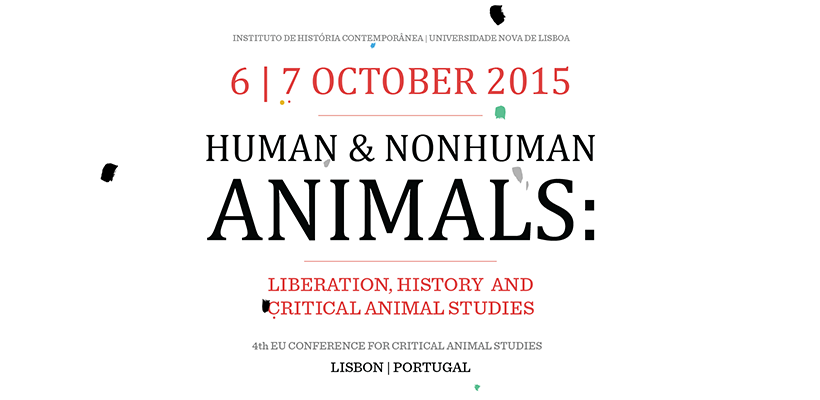by Helen Keller
My research is located at the intersection of Masculinity Studies and Human-Animal Studies. To link these two fields, I will resort to the most prominent concept in masculinity studies dealing with gender and power structures: the concept of hegemonic masculinity developed by Raewyn Connell. According to Connell, hegemonic masculinity – which can be described as the dominant form of masculinity within a certain era and culture – is based on the subordination of femininity and other so-called subordinated masculinities (e.g. gay masculinity). Using Connell's concept helps to shed light on the connection between masculinity and the subordination of nonhuman animals.
Relevant data reveals that most areas of animal exploitation, such as e.g. hunting, slaughter and meat consumption are dominated by men, at least in western countries. Meat consumption by men is twice as high as meat consumption by women and women rarely work in the slaughterhouse industry. In contrast, the number of women in the animal welfare movement and the animal liberation movement is disproportionally high.
In my opinion, these gender differences can at least partly be explained by taking into account that animal exploitation is an important feature of hegemonic masculinity in western societies. To prove my thesis I will focus on meat consumption and use material such as ads, images from magazines and clips from food adventure series. Firstly, with the help of this material I will demonstrate how meat consumption is portrayed as manly by integrating sexist images of women – and by therefore emphasizing women's subordinated status. I will draw on Carol J. Adams work, which is known for laying open sexist images in meat advertising. As Adams has been criticized for methodical shortcomings, a review of her theses is called for.
Subsequently, I will focus on the representation of male vegetarians and vegans in relevant material. If hegemonic masculinity is inextricably linked to meat consumption, how are men portrayed who renounce meat? I will show that vegan and vegetarian men are represented as lacking essential male qualities and can therefore be described as belonging to a group of “subordinated masculinities”.
I will conclude by examining pro-vegetarian and pro-vegan material to show how it deals with the threat of perceived emasculation due to meat abstinence. I will demonstrate that in contrast to pro-meat material, pro-vegetarian and pro-vegan material portray vegetarianism and veganism as being compatible with hegemonic masculinity. This is mainly achieved by holding on to other problematic aspects of hegemonic masculinity such as the devaluation of women. Especially peta follows this strategy by reproducing sexist images. Advertisments by other organizations do not devalue women directly but still highlight allegedly “male” characteristics such as physical strength – e.g. pro-vegan ads showing “Germany's strongest man”, Patrick Baboumian. This is regrettable because it forecloses a critical examination of hegemonic masculinity and therefore of gendered power relations.
Biography:
Helen Keller studied Cultural Studies in Hildesheim and Gender Studies in Berlin. She is currently working on her PhD project titled “The role of the category >animality< in the configuration of hegemonic masculinity“ at Humboldt-Universität zu Berlin. She is co-editor of the anthology “Tiere Bilder Ökonomien. Aktuelle Forschungsfragen der Human-Animal Studies” (“Animals Images Economies. Current debates in Human-Animal Studies”) (2013).

Sem comentários:
Enviar um comentário